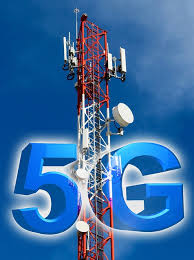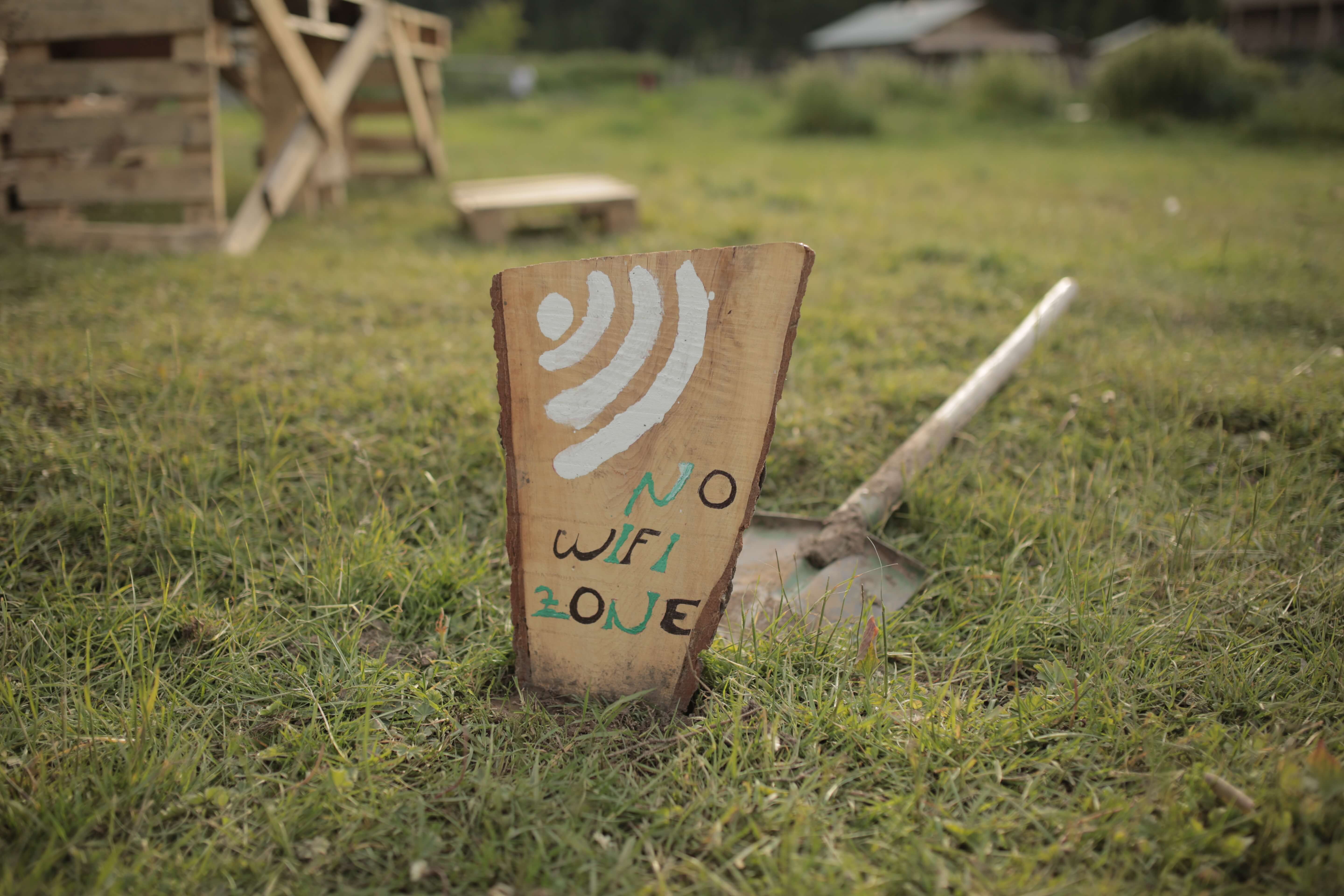Unlocking the Future: The Introduction of 5G Internet and Its Anticipation in Kenya

In the ever-evolving landscape of telecommunications, Kenya stands on the brink of a transformative leap with the imminent introduction of 5G technology. As the fifth generation of mobile networks, 5G promises not only faster internet speeds but a myriad of possibilities that could reshape industries, enhance connectivity, and propel Kenya into a new era of digital innovation. This article delves into the anticipation surrounding the introduction of 5G internet in Kenya, exploring its potential impact on various sectors and the expectations of a nation on the cusp of technological advancement.
Understanding 5G Technology
5G, or fifth-generation technology, represents a quantum leap beyond its predecessor, 4G. The key features that distinguish 5G include higher data transfer speeds, lower latency, increased device connectivity, and the ability to support emerging technologies such as the Internet of Things (IoT), artificial intelligence, and augmented reality. This next-gen network is poised to redefine the way we connect, communicate, and consume information.
Anticipation and Expectations
The introduction of 5G in Kenya has generated significant anticipation, with stakeholders across various sectors eagerly awaiting the deployment of this cutting-edge technology. Several factors contribute to the heightened expectations surrounding 5G:
1. Enhanced Connectivity:
5G's unparalleled speed and reduced latency promise to revolutionize connectivity in Kenya. This means faster internet for individuals, businesses, and institutions, enabling seamless communication, quicker downloads, and a more responsive online experience. In a world increasingly dependent on digital connectivity, 5G has the potential to bridge existing gaps and propel Kenya into the forefront of the digital revolution.
2. Empowering Businesses:
The business landscape in Kenya is poised for a significant transformation with the introduction of 5G. Faster and more reliable internet can catalyze innovation, boost productivity, and open new avenues for business growth. Industries such as finance, healthcare, education, and manufacturing stand to benefit from the enhanced capabilities of 5G, fostering a conducive environment for entrepreneurship and economic development.
3. IoT Integration:
One of the defining features of 5G is its ability to seamlessly integrate with the Internet of Things. The anticipated surge in connected devices, smart sensors, and IoT applications could usher in a new era of efficiency across various sectors. From smart cities to precision agriculture, the possibilities are vast, and Kenya looks forward to leveraging this technology to enhance the quality of life for its citizens.
4. Digital Transformation:
The introduction of 5G aligns with Kenya's aspirations for digital transformation. The government's commitment to a digital agenda, coupled with the potential of 5G, could accelerate the implementation of e-governance initiatives, digital services, and smart solutions that enhance the overall efficiency of public services.
You Can read My Other Blogs Here
5. Technological Innovation:
5G is not just an evolution of existing technology; it is a catalyst for innovation. The technology's capabilities can spur the development of new applications, services, and solutions that were previously constrained by slower networks. Kenyan entrepreneurs and tech enthusiasts anticipate a surge in innovation, with 5G acting as a catalyst for the creation of novel products and services.
Infrastructure Development and Challenges
The realization of 5G's potential in Kenya is contingent upon robust infrastructure development. The deployment of 5G requires a dense network of small cells and extensive fiber-optic connectivity. While anticipation runs high, challenges such as infrastructure development, spectrum allocation, and regulatory frameworks must be addressed to ensure a smooth transition to 5G.
1. Infrastructure Investment:
The successful implementation of 5G necessitates substantial investment in infrastructure. The deployment of small cells, which are essential for the dense network architecture of 5G, requires significant capital. Industry players and policymakers must collaborate to create an environment conducive to infrastructure development and investment.
2. Spectrum Allocation:
Spectrum, the radio frequencies used to transmit data wirelessly, is a critical component for 5G deployment. Efficient spectrum allocation is crucial for ensuring optimal performance and minimizing interference. Regulatory bodies in Kenya are working to allocate the necessary spectrum bands for 5G, but careful planning and coordination are essential to avoid potential conflicts.
3. Regulatory Frameworks:
A supportive regulatory environment is imperative for the successful rollout of 5G. Regulatory bodies in Kenya must work in tandem with industry stakeholders to establish frameworks that facilitate the deployment of 5G while ensuring compliance with standards and regulations. Clear guidelines on spectrum licensing, infrastructure sharing, and data protection are essential elements of this regulatory framework.
Impact on Different Sectors
The anticipation surrounding the introduction of 5G in Kenya extends across various sectors, each poised to experience its unique set of transformations:
1. Healthcare:
5G's low latency and high data speeds could revolutionize healthcare delivery in Kenya. From remote patient monitoring to telemedicine services, 5G has the potential to bridge healthcare gaps, especially in remote areas. Enhanced connectivity can facilitate real-time communication between healthcare professionals and improve diagnostic capabilities.
Our Offer
2. Education:
The education sector stands to benefit significantly from the introduction of 5G. High-speed internet can facilitate seamless online learning experiences, ensuring that students across the country have access to quality education. Virtual classrooms, interactive learning platforms, and collaborative tools could become more prevalent with the enhanced connectivity provided by 5G.
3. Agriculture:
Precision agriculture, enabled by IoT devices and sensors, could experience a boom with the introduction of 5G. Farmers may leverage advanced technologies for crop monitoring, automated irrigation systems, and predictive analytics. This could lead to increased agricultural productivity and sustainability.
4. Manufacturing:
The manufacturing sector could witness a surge in efficiency with 5G connectivity. From smart factories to real-time monitoring of production processes, the reliability and speed of 5G can optimize operations and reduce downtime. This, in turn, may contribute to the growth of the manufacturing industry in Kenya.
5. Entertainment and Media:
For consumers, the introduction of 5G translates to an immersive and seamless entertainment experience. Streaming high-definition content, virtual reality (VR) experiences, and augmented reality (AR) applications could become commonplace. Content creators and media outlets may explore new avenues for engaging audiences in a 5G-powered environment.
Community Inclusion and Accessibility
While anticipation for 5G is palpable, it is essential to ensure that the benefits of this technological leap are inclusive and accessible to all segments of society. Bridging the digital divide and addressing socio-economic disparities must be integral to the deployment strategy. Initiatives to enhance digital literacy, affordability of devices, and accessibility to remote areas are crucial components of ensuring that the benefits of 5G reach every corner of Kenya.
Conclusion
The introduction of 5G internet in Kenya is not merely a technological upgrade but a catalyst for transformative change. The anticipation surrounding this leap reflects the collective aspirations of a nation on the brink of a digital renaissance. As Kenya navigates the challenges of infrastructure development and regulatory frameworks, the potential benefits of 5G in healthcare, education, agriculture, manufacturing, and entertainment hold the promise of a more connected, innovative, and inclusive future. The journey towards 5G is not just about faster internet; it is about unlocking a multitude of possibilities that will shape the destiny of a nation embracing the next frontier of technological advancement.







